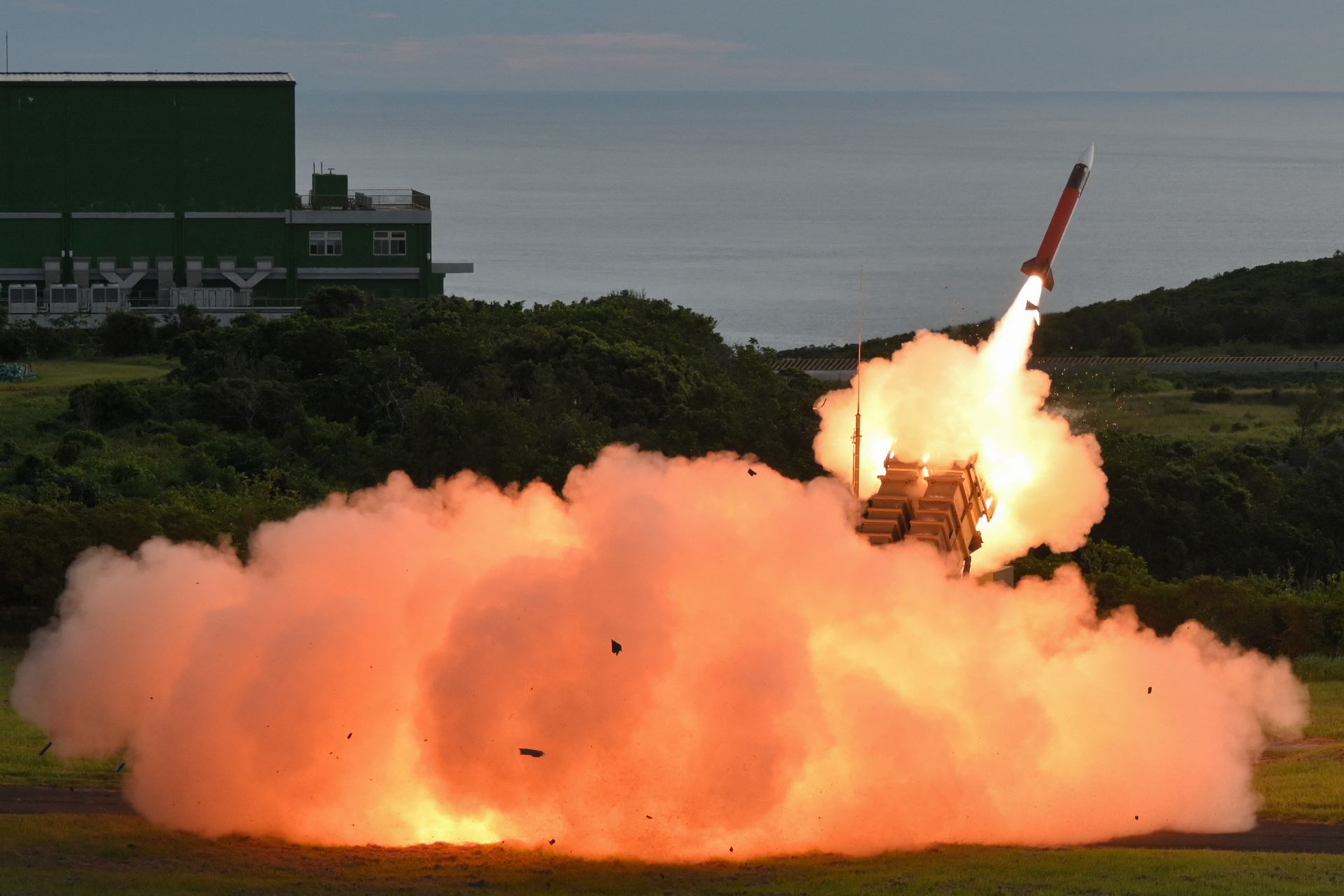Ukraine passes bill to withdraw from anti-personnel mine ban treaty

Editor's note: The story was updated to include comments from President Volodymyr Zelensky.
Ukraine's parliament has passed a bill suspending Ukraine’s participation in the Ottawa Convention banning anti-personnel mines, lawmaker Yaroslav Zhelezniak reported on July 15.
The decision was adopted by the Verkhovna Rada under the bill No. 0329, halting Ukraine’s obligations under the convention. The vote passed with the support of 305 lawmakers, with 40 abstaining, and none voting against.
Later in the day, President Volodymyr Zelensky announced that he had signed the law suspending Ukraine’s participation in the Ottawa Convention banning anti-personnel mines, as well as a law allowing multiple citizenship and the ratification of an agreement to establish special tribunal on Russian aggression
The 1997 treaty, joined by over 160 countries, bans the use, production, stockpiling, and transfer of anti-personnel landmines in efforts to protect civilians from the scattered explosives that could still injure them long after the conflict is over.
"Russia has never been a party to this convention and uses anti-personnel mines extremely cynically," Zelensky said in justifying the decision.
"Thanks to steps regarding the use of certain types of weapons, particularly anti-personnel mines, we will be able to achieve at least parity in forces and means necessary to defend against Russian aggression."
Citing Article 20 of the Ottawa Treaty, Human Rights Watch previously stressed that it takes half a year after the state submits a notice to the United Nations for the withdrawals to come into effect, and that it is not allowed to exit the treaty if the state is still in an armed conflict at the end of that period.
Earlier in March, the Baltic states and Poland announced their intention to withdraw from the Ottawa Convention, a significant shift in defense policy that shows how countries near Ukraine are preparing for a potential war in Europe.
In a surprise move that angered Moscow, the Biden administration in 2024 approved the provision of anti-personnel mines to Ukraine. Then-Defense Secretary Lloyd Austin said it was to help Ukraine stall the Russian advances in the east as the front-line situation deteriorated.
Anti-personnel mines are scattered across the battlefield in Ukraine, with soldiers and civilians often losing their feet or limbs due to detonations.
Territories liberated by Ukraine since 2022 have been heavily covered with mines, making it extremely difficult and dangerous to clear them.
Russia has used more than a dozen variants of anti-personnel mines since it launched a full-scale invasion of Ukraine in 2022, according to Human Rights Watch's June report.












